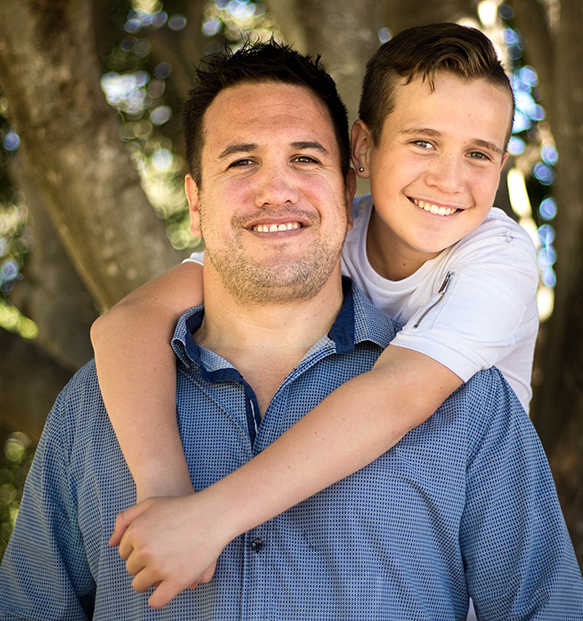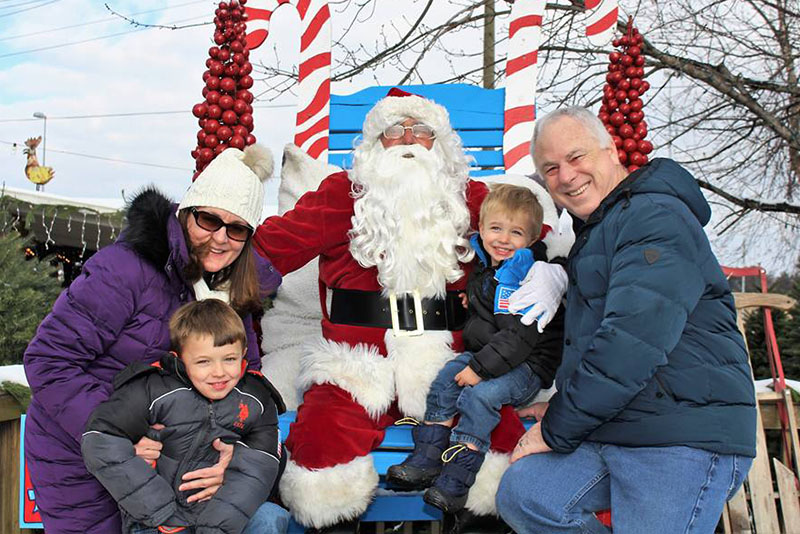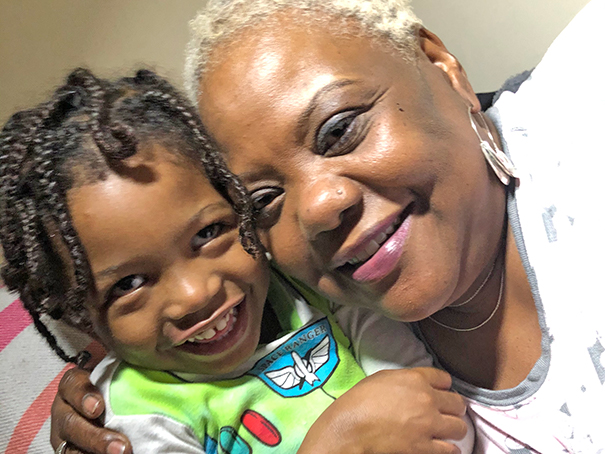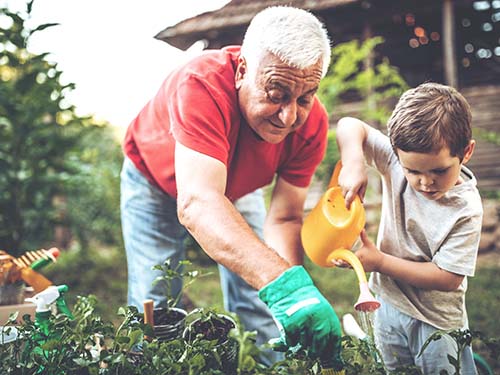The primary goal of foster care is the safety, well-being, and permanency of the child. When it has been determined that neither reunification with parents or adoption is in the best interests of a child in foster care, permanency can often be achieved by placement with a relative caregiver. Many relatives would like to provide stability for their family members’ children, but may not be able to due to the additional financial burden.
The Kinship Guardian Assistance Program (KinGAP) provides ongoing financial and case management support to relatives who opt to become legal guardians. Unlike adoption, parental rights do not need to be terminated in order for guardianship to be established.
Who is eligible for KinGAP?
While many families take in relative children, ONLY those children who were first in foster care placement with the kinship guardian would be eligible. Children who come to live with relatives through other pathways would not be.
In order for a family to be eligible for KinGAP:
The foster parent must be related (by blood, marriage, or adoption) to the child or have an established relationship with the child/family (otherwise known as “fictive kin”).
The child must have been placed with the relative in foster care for 6 months.
The options of reunification with the birth family or adoption must have been ruled out.
While there are no age restrictions for kinship guardianship, it is generally chosen for youth over the age of 14 where the goal of return home or adoption would not be in the youth’s best interest.
Families can use KinGAP payments for:
- Respite care
- Day care
- Parenting classes
- School supplies, activity fees
- Clothes
- Furniture
- Costs associated with filing for guardianship
- Driver’s education for older children
- Time off from work for court appearances, visits to schools, visits to social services, travel costs (the court with jurisdiction over the child may be far away from the relative’s home)


 The Department of Family Services (DFS) assists kinship families who need a connection to services, such as child care, education, health care, and financial help, and are seeking support from professionals or peers.
The Department of Family Services (DFS) assists kinship families who need a connection to services, such as child care, education, health care, and financial help, and are seeking support from professionals or peers. Are you raising a child for a family member or friend? Join other kinship caregivers to discuss your experiences, concerns, and frustrations with your peers. This group offers a network to share resources and information among the group members, reducing feelings of isolation, and celebrating family successes in maintaining permanency for and the ongoing commitment to building strong families. Formed Families Forward is offering the free Fairfax Kinship Support Groups in partnership with the Department of Family Services.
Are you raising a child for a family member or friend? Join other kinship caregivers to discuss your experiences, concerns, and frustrations with your peers. This group offers a network to share resources and information among the group members, reducing feelings of isolation, and celebrating family successes in maintaining permanency for and the ongoing commitment to building strong families. Formed Families Forward is offering the free Fairfax Kinship Support Groups in partnership with the Department of Family Services.  Raising Grandchildren: Stressful and Delightful
Raising Grandchildren: Stressful and Delightful  Raising a Relative’s Child? You Are Not Alone
Raising a Relative’s Child? You Are Not Alone Kinship Caregiver Stories
Kinship Caregiver Stories